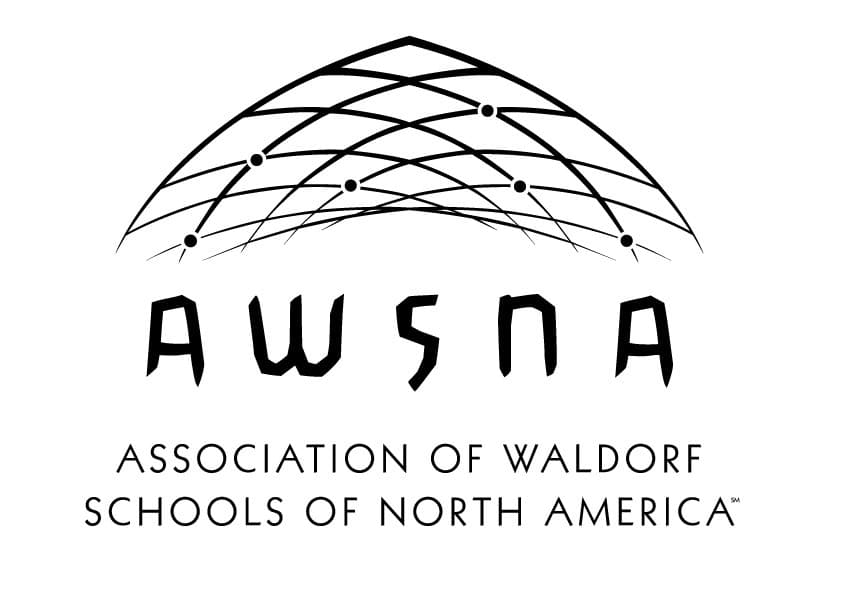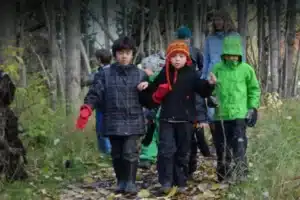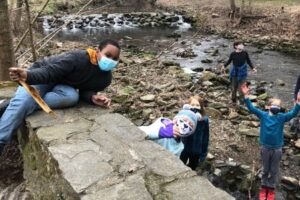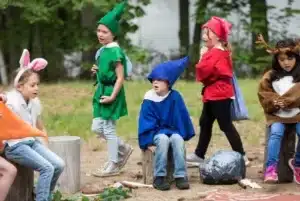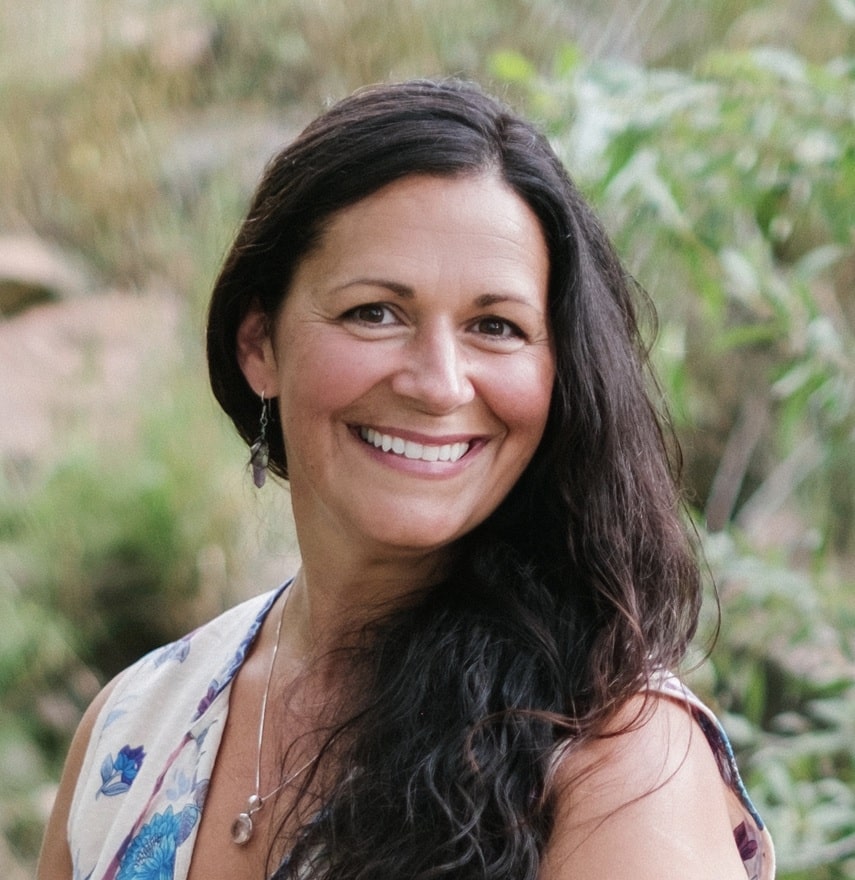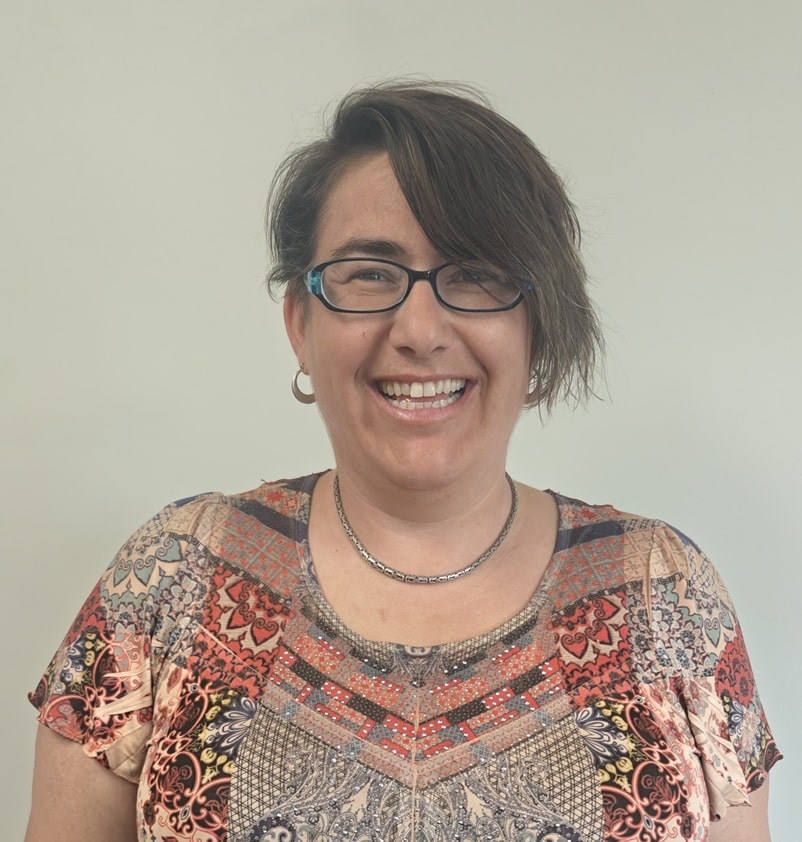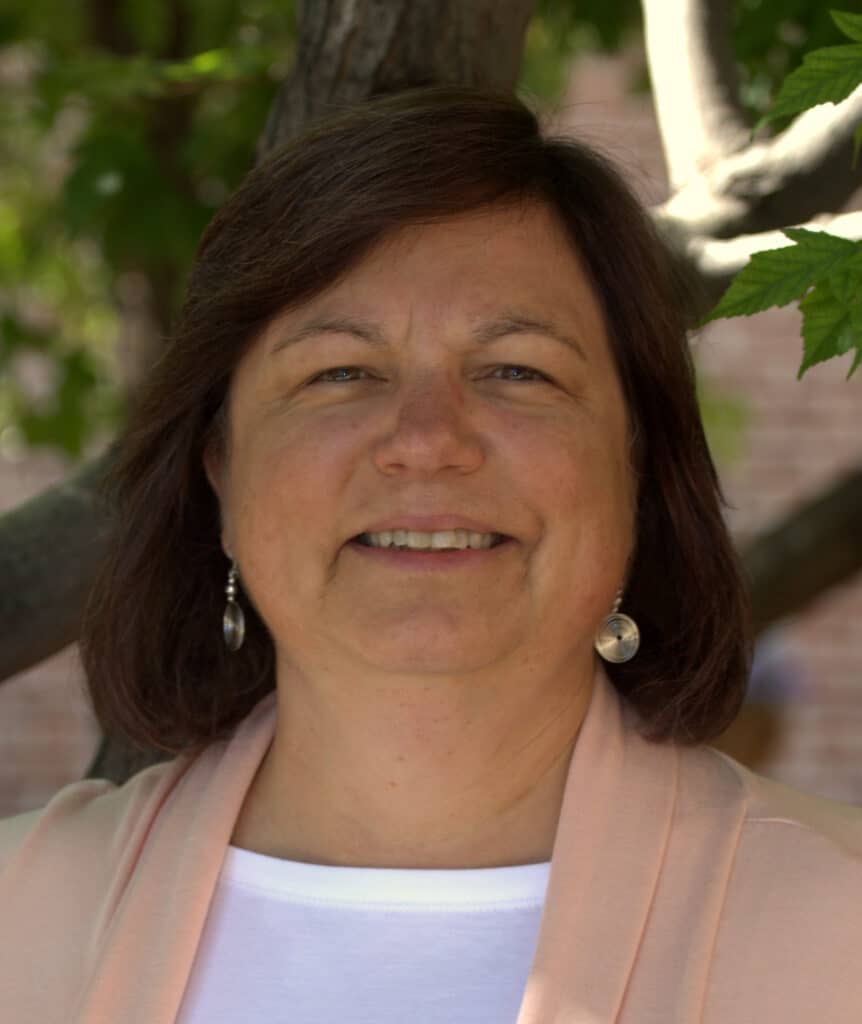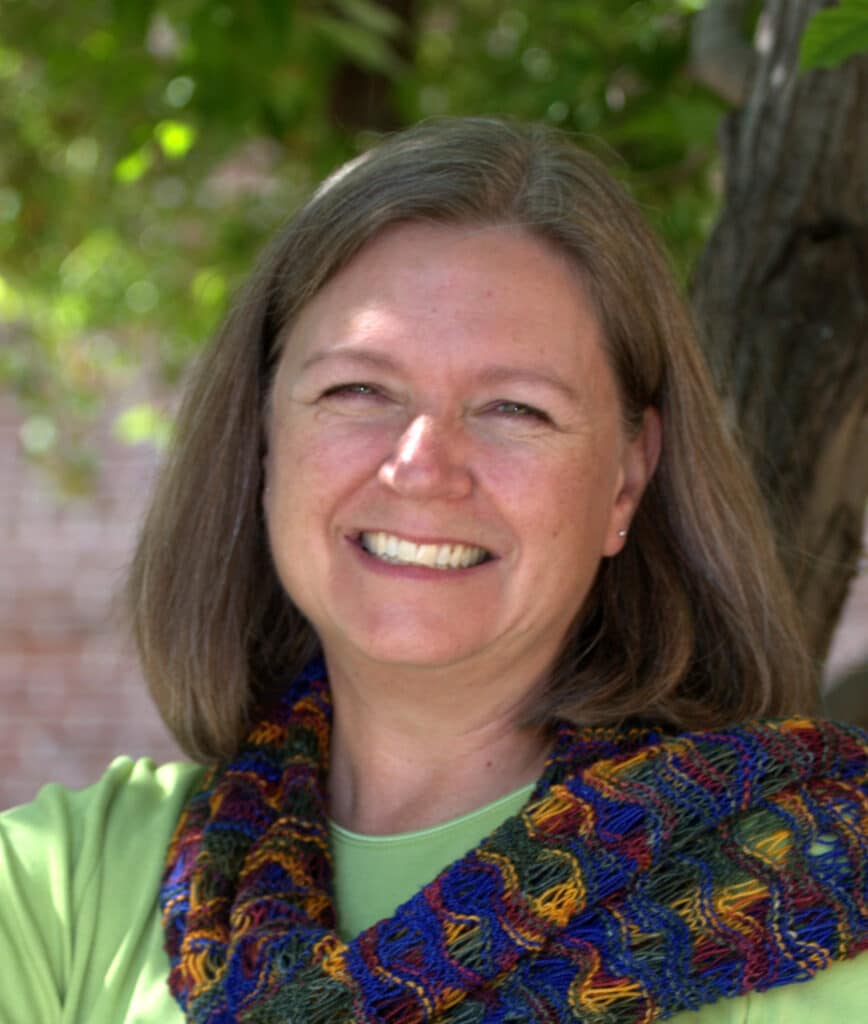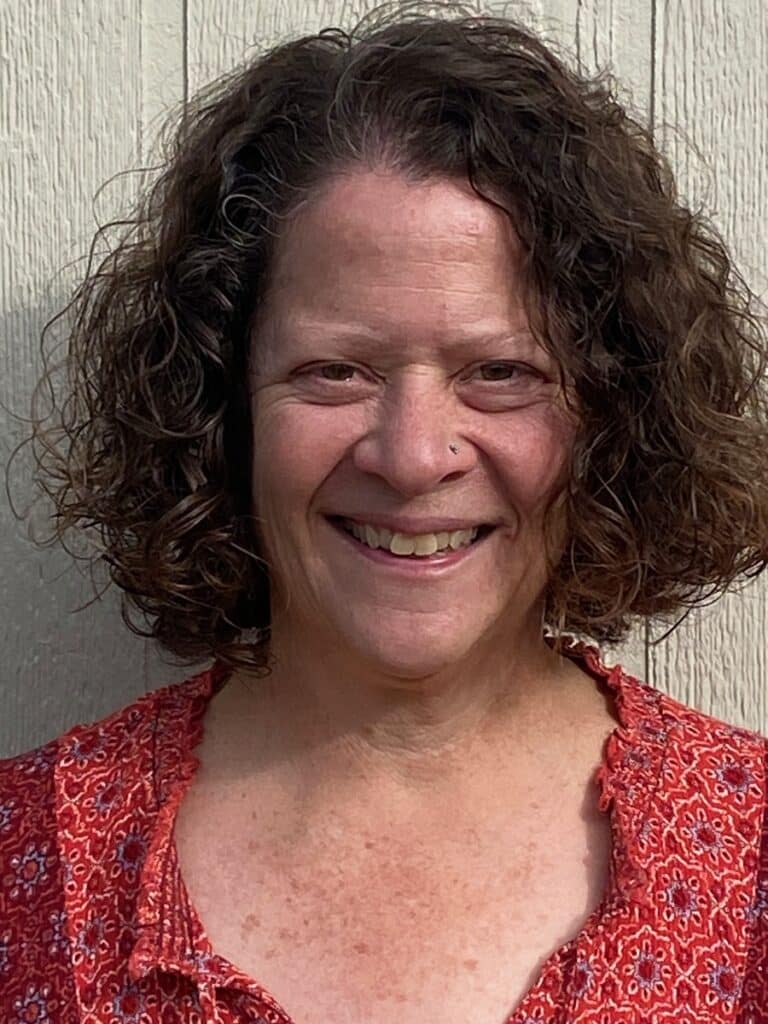INSPIREDTO TEACH
Thinking about Teaching in a Waldorf School?
Does the idea of establishing meaningful relationships with your students and moving up through the grades with them on their educational journey excite you?
Are you interested in being part of a school community where colleagues share a common vision and goals for the students, and partner in creating curriculum and policy?
Are you ready to be empowered to share your unique talents and creative inspirations in the delivery of curriculum?
Are you interested in and open to working with the foundational principles and pedagogy of Waldorf education?
Are you inspired by teaching in a classroom in which creativity flourishes?
Waldorf Teacher Preparation
Waldorf teacher education prepares individuals to educate children through the lens of Waldorf principles. Many schools require teachers to have undertaken this preparation prior to being hired, while other schools hire teachers committed to teacher preparation while teaching. AWSNA member teacher training institutes are organizations that engage in a rigorous process of self-study and peer assessment to ensure that each meets AWSNA criteria. While levels of membership vary, each institute follows the principles of Waldorf education and each meets minimum expectations for their program components, which include courses in:
- Inner/Self Development
- Foundations of Waldorf Pedagogy and Child Development
- The Art of Teaching (including Curriculum Content and Methodology)
- The Arts
- Professional and Social Aspects of School Governance
- Practical Experiences in the Classroom (Observation, Student Teaching, Mentored Teaching)
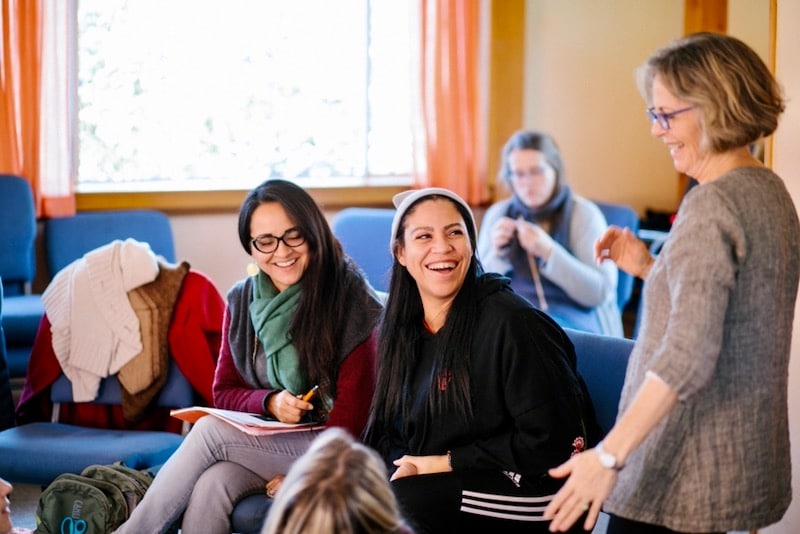
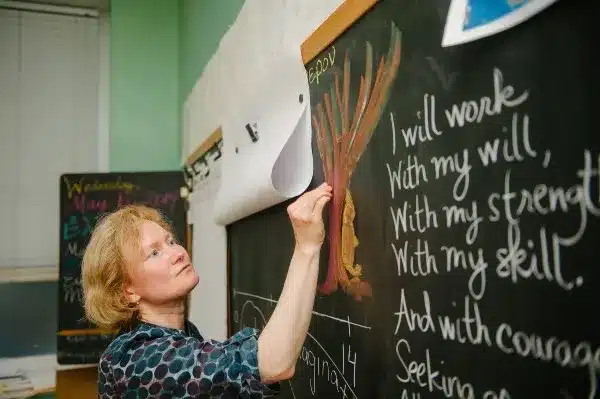
AWSNA institutes offer teacher education programs in a wide variety of formats. Some serve a more local audience while others require students to travel to what may be more distant locations for all or part of their study. Some programs are fully in person and others offer a combination of in person and distance learning.
What Waldorf Teaching is all About
What Waldorf Teaching is all About
Rudolf Steiner, the founder of Waldorf education, had a unique and far-reaching perspective on child development. He believed that children should be educated in a holistic and balanced way, taking into account their physical, emotional, and spiritual needs. Waldorf teachers draw on Steiner’s philosophy of child development to create an education that nurtures the whole human being.
Academic Philosophy
Academic learning in Waldorf schools is intentionally designed to meet the developmental readiness of the child. The curriculum is interdisciplinary, artistically integrated, and experientially rich. Core academic subjects—such as mathematics, sciences, literature, and history—are introduced through narrative, movement, and art to enliven intellectual engagement and deepen understanding.
Rather than standardized testing and early academic pressure, Waldorf education builds a strong foundation in comprehension, curiosity, and critical thinking. Lessons are often delivered in immersive blocks, allowing students to explore subjects in depth over several weeks.
Waldorf graduates emerge with strong intellectual capacities, creativity, and adaptability—qualities essential for navigating the complexities of the modern world.
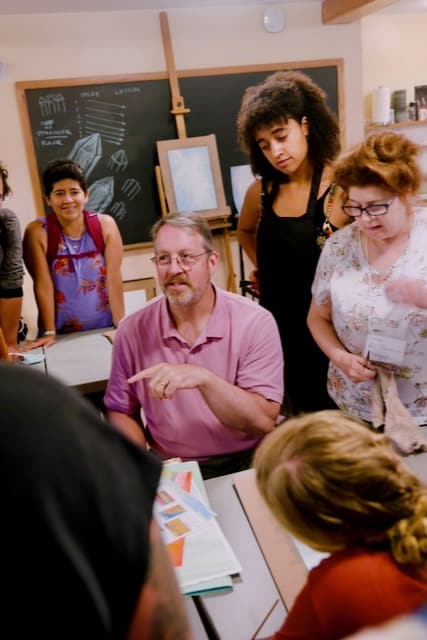
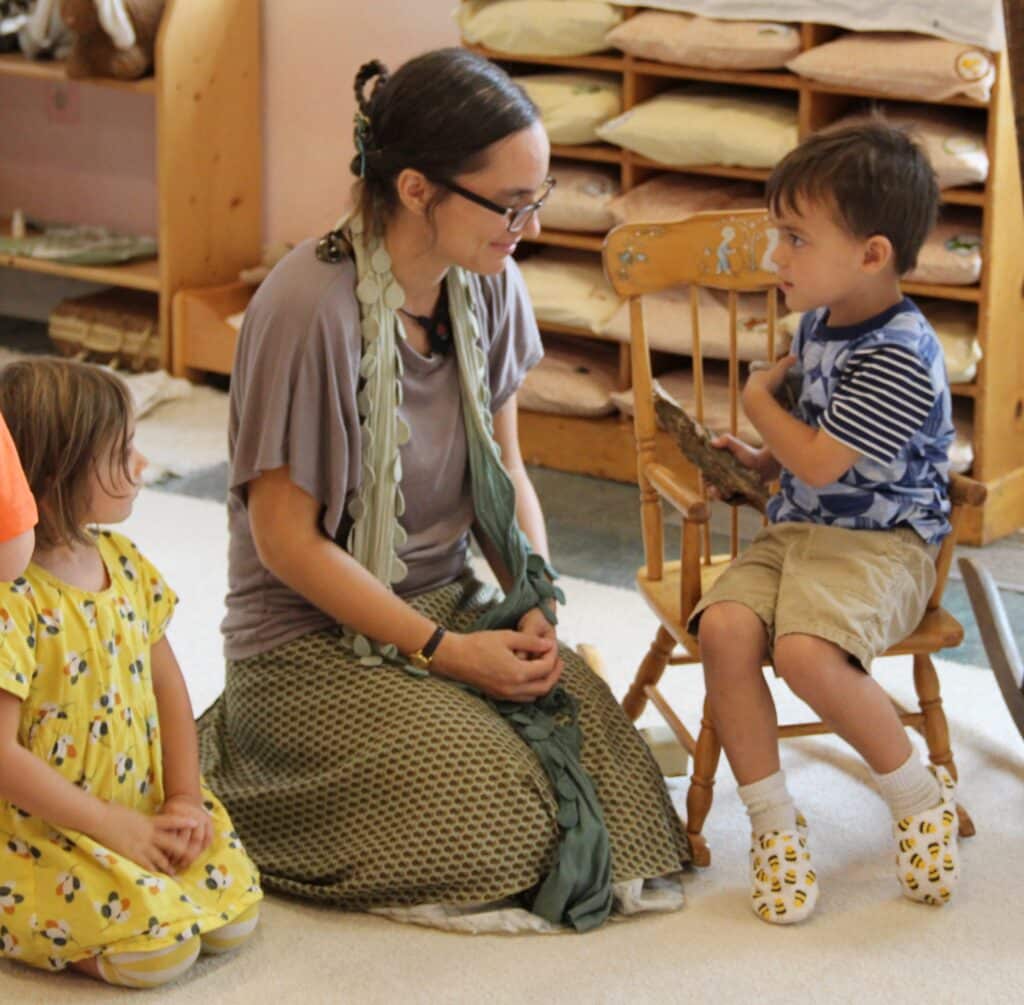
The Threefold Nature of the Human Being
Waldorf education is grounded in the understanding that human beings have three distinct aspects of self: the physical body, the soul or emotional life, and the spiritual self. Waldorf teachers work out of this picture as they guide students toward their full potential, cultivating a classroom environment that supports the balanced development of body, soul, and spirit.
Developmental Stages
The Waldorf approach focuses on three main stages of child development:
- Early childhood (birth to age 7)
- Middle childhood (ages 7 to 14)
- Adolescence (ages 14 to 21)
In Waldorf education, how, when, and why something is taught is as important as what is taught. The role of the teacher evolves alongside the child’s needs. In early childhood, teachers create an environment of rhythm, warmth, and imitation. In the grades, they guide intellectual awakening through stories, movement, and hands-on experiences. In adolescence, teachers support independent thinking and meaningful engagement with the world.
Joyful Learning and Imagination
Waldorf education honors the developmental necessity of play, particularly in early childhood. Through imaginative exploration, children develop creativity and social skills. As they grow, these foundations evolve into artistic expression, critical inquiry, and the capacity for original thought. Joyful learning remains central at every stage.
Arts and Handwork
Artistic activity is not supplemental in Waldorf education—it is essential. Music, painting, drawing, handwork, drama, and sculpture are woven into academic lessons. These artistic processes help students engage more fully with content, develop fine motor skills, and express their individuality. The arts support emotional well-being and social connection while reinforcing academic learning.
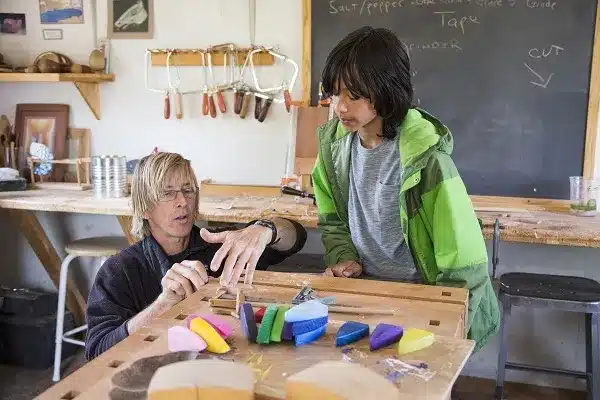

Nature and Outdoor Education
Time in nature is a vital part of the school day. Whether through free play, gardening, nature walks, or environmental science, outdoor learning offers opportunities for movement, discovery, and sensory integration. It cultivates appreciation, responsibility, and reverence for the natural world.
A Collaborative School Culture
Waldorf schools are self-administered, with faculty, staff, and trustees working collaboratively in service of the children. This model of shared leadership supports a healthy social life in the school and provides a living example of cooperation and accountability. It is an integral part of the educational mission.
Teacher Training Institutes
Waldorf Teacher Preparation certificate programs in North America are recognized by AWSNA for elementary through high school, and the Waldorf Early Childhood Association of North America (WECAN) for birth to age seven. Programs are offered in a wide variety of formats. Some are fully in-person and serve a more local audience, while others offer a combination of short-term on-campus intensives coupled with independent, virtual, and/or local coursework.
- Completion of an elementary certificate program requires a minimum of 500 hours of coursework, including foundation studies, 200 hours of supplementary work, and 6-12 weeks of field work.
- High school programs require a minimum of 500 hours of coursework, including foundation studies, and an equivalent of 10-12 weeks of field work.
- For information on Waldorf Early Childhood teacher preparation programs and requirements, please visit WECAN: https://waldorfearlychildhood.org/training/
In addition to Waldorf Teacher Preparation Certificate programs, two Institutes offer Waldorf School Leadership/Administrative Certificate programs: Center for Anthroposophy/Antioch and Sound Circle Center.
PAYING FOR IT
These resources can help fund your training:
- AWSNA: Offers annual, renewable loans and loans-to grants
- Teacher Training Institutes: Offer myriad financial aid packages and payment arrangements
- Waldorf Schools: Often provide professional support funding for their employees
- Alums: Additional support may be available for Waldorf school alums who pursue teacher training
- US Military Personnel and Veterans: Resources are available that honor military service
- Canadian students: Some resources exist just for Canadian citizens
- Personal Resources: Don't forget to consider options within your own support network
Gather some of these resources together and you'll be on your way to funding your education! Click here for more details.

educator news
Outdoors in All Weather at Anchorage Waldorf School
While many of our schools have made local and national news for their outdoor classrooms, Anchorage Waldorf School’s recent news coverage in The Anchorage Daily News brings forth a new and unique angle to this story — climate! The story of switching to an all outdoor classroom, in Alaska, during the pandemic, is indeed newsworthy. Third and Fourth […]
New Study Assesses Impacts of Nature Play
A study from the University of South Australia, published in the journal PLOS One, assessed the impacts of unstructured nature play on the health and development of young children. They found that any activity that gets children thinking and acting spontaneously outdoors without needing adult control can help them develop complex thinking abilities, social skills, and creativity. In the […]
The Waldorf Class Play
Why do Waldorf schools have students, at each grade level, perform a class play? Class plays, often performed in springtime, deepen student’s curriculum, social emotional and collaborative learning. The plays reflect each grade’s individual curriculum and the appropriate developmental level of the students. Class plays incorporate music, recitation, memorization, acting, and visual arts. The play […]
